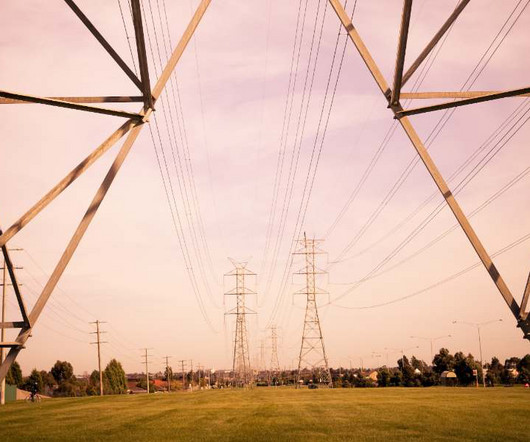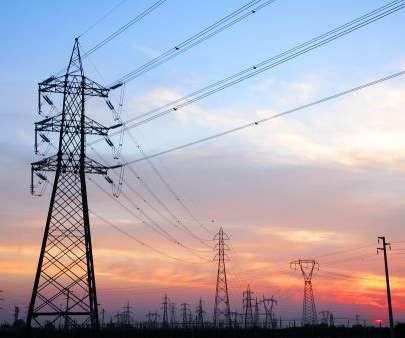Sage enters land use agreement to build first Geopressured Geothermal System
ThinkGeoEnergy
AUGUST 13, 2024
“Once operational, our EarthStore facility in Christine will be the first geothermal energy storage system to store potential energy deep in the earth and supply electrons to a power grid,” said Cindy Taff, CEO of Sage Geosystems.














Let's personalize your content